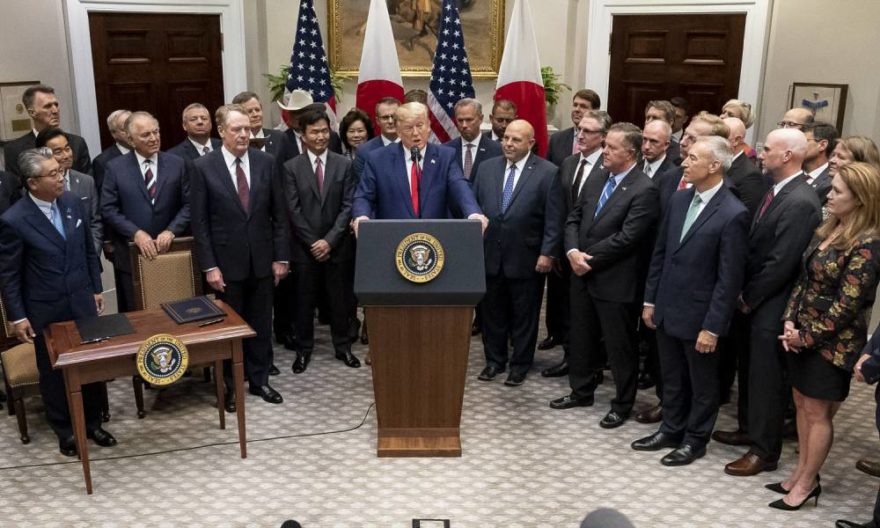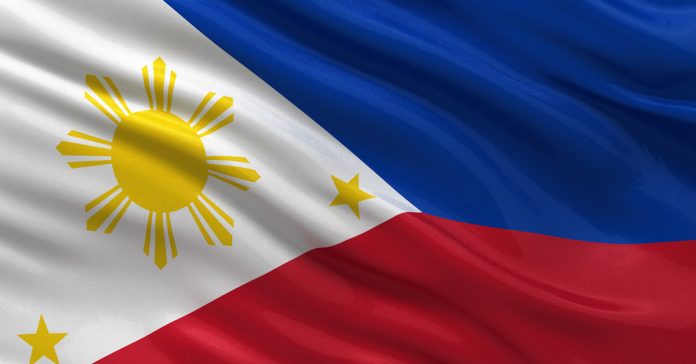“Deep disappointment” has been expressed over the exclusion of travel goods produced in the Philippines, Thailand, Pakistan, Indonesia, and Sri Lanka from duty-free status under the US Generalized System of Preferences (GSP) program, following the US Administration’s recent annual review.
Under the GSP program, approximately 5,000 products from 122 beneficiary developing countries and territories, including 43 least developed countries, are eligible for duty-free treatment when exported to the United States.
Based on the review, which considered various issues and petitions related to the eligibility of products under the GSP program, new duty-free status has been added for 28 travel goods (including luggage, backpacks, handbags, and wallets).
However, a July 5 letter to the United States Trade Representative (USTR) from the American Apparel & Footwear Association, the Outdoor Industry Association, the Sports & Fitness Industry Association, and the Travel Goods Association noted that duty-free status for the travel goods has been limited to African Growth and Opportunity Act (AGOA) states and Least Developed Beneficiary Developing Countries (LDBDC).
“Deferring the decision for other GSP-eligible countries, which is not a decision, without any indication of the timeline for a final decision, further harms US businesses and the development of other GSP beneficiary countries by creating confusion and uncertainty,” the letter said.
It added that the “complex” backpacks and sports bags currently being made for US businesses “will not be made in AGOA or LDBDC countries in the near future as they continue to develop production, capabilities, and capacity. … More importantly, refusal to decide on the eligibility for other GSP beneficiary countries will negate any significant development gains that could have been achieved through the expansion of GSP eligibility to a new set of products.”
The associations pointed out that, “in 2015, the US imported 2.1bn [travel goods] items; of that amount 85 percent were from China, 0.01 percent from AGOA countries, and 1.3 percent from all least developed countries, including AGOA. The failure to make a decision regarding other GSP-eligible countries … leaves companies with few options but to source from the super-competitive China.”
They urged the USTR, “in the strongest possible terms, to make all 28 travel good items eligible for the benefits of GSP for all beneficiary countries as soon as possible to resolve the significant commercial uncertainty and policy incoherence that the Administration’s partial decision has created.”




